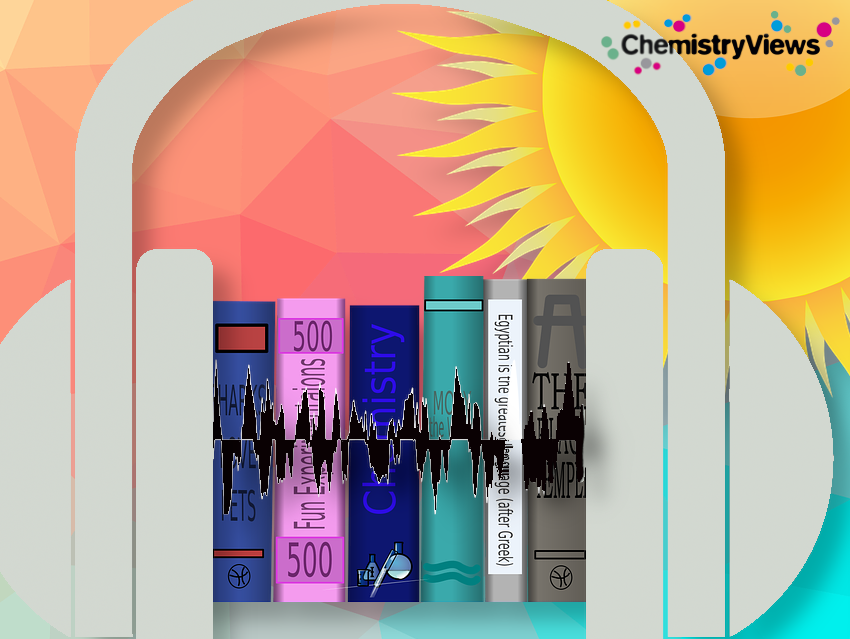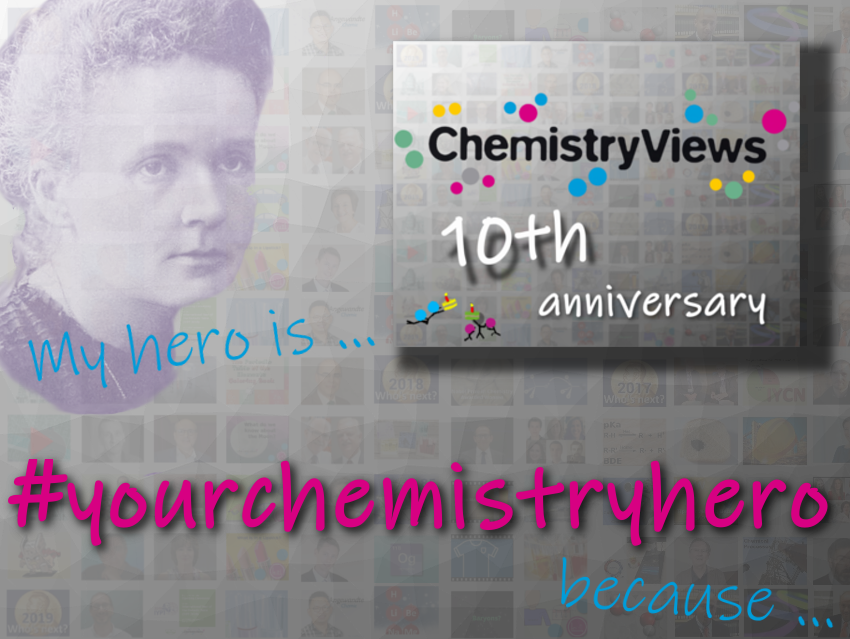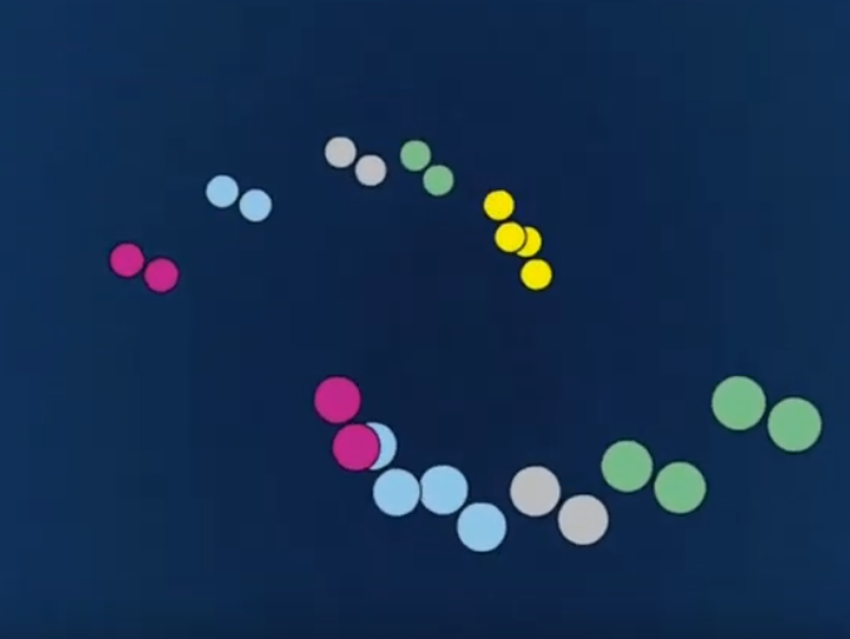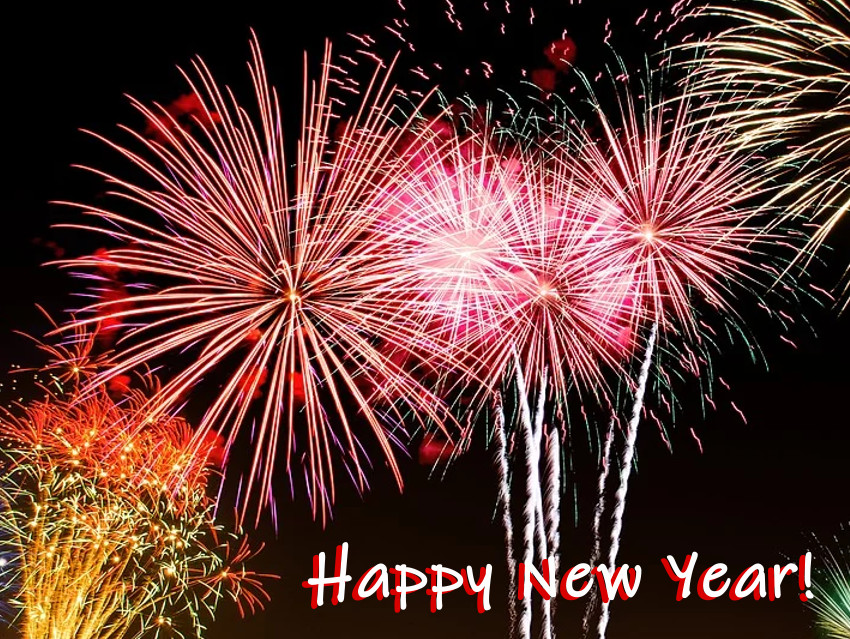Summer is a great time to dive into fun science books. Check out ChemistryViews for recommendations handpicked by editors. The books on this list range from practical guides and personal stories of science and research to explorations of human behavior, historical insights, and imaginative storytelling, making them valuable sources of knowledge, inspiration, and entertainment.
Please add your own recommendations in the comments section below.
Books
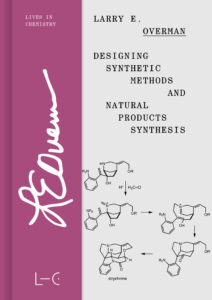 |
Designing Synthetic Methods and Natural Products Synthesis Larry Overman’s autobiography is a must-read for its timeless insights on building and leading a research group, and for its practical guidance on managing new administrative and publishing tasks. Published in March 2024, this book is both inspiring and highly relevant for contemporary professionals. (suggested by Eva E. Wille, former Vice President and Executive Director at Wiley-VCH)
|
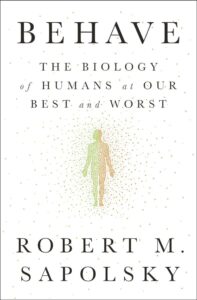 |
Behave: The Biology of Humans at Our Best and Worst This book tells us all about the science of human behaviour, ranging from the underlying neurobiology to the effect of evolution. It provides a nuanced, humane understanding of why we do the things we do in a funny and extremely clear way. (suggested by Federica Rizzi, Angewandte Chemie)
|
 |
A Century of Science Publishing This collection of essays describes key developments in science publishing over the past century including increased publication volumes, a shift to English as the primary language, changes in dominant geographic contributors, technological innovations like the Internet, and ongoing debates about the future of publishing. It is free to read. (suggested by Xin Su, Angewandte Chemie)
|
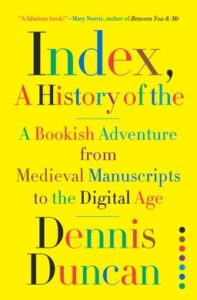 |
Index, A History of the A fun look at the history of that most under-appreciated parts of a book – until you read a book without one! (suggested by Greta Heydenrych, now Executive Director at IUPAC)
|
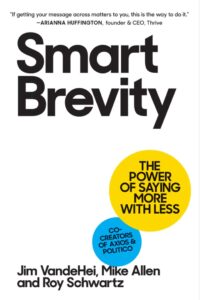 |
Smart Brevity: The Power of Saying More with Less The book explains how to communicate clearly and effectively by reducing unnecessary words to focus people’s attention on what matters most. Drawing on the authors’ experience in journalism and business, it offers practical tips for making messages concise and powerful, such as for presentations. (suggested by Vera Koester, ChemistryViews)
|
 |
The Immortal Life of Henrietta Lacks This book tells the story of the woman who (unknowingly) gave us HeLa cells—the oldest human cell line and one of the most commonly used. (suggested by Federica Rizzi, Angewandte Chemie)
|
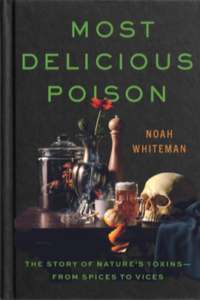 |
Most Delicious Poison It’s an arms race out there – plants, fungi, and microbes producing a vast array of toxins, animals adapting to withstand them – and us enjoying the fruits of their labor. Dig into the evolutionary biology behind nature’s poisons and how they affect us over an Espresso Martini on the beach! (suggested by Axel Straube, ChemPlusChem and Chemistry – A European Journal)
|
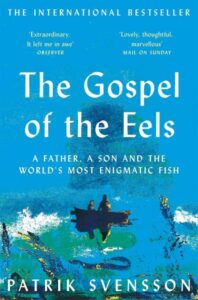 |
The Gospel of the Eels This book presents a poetic and compelling history of eels, blending the insights of figures like Aristotle, Sigmund Freud, Günter Grass, and Rachel Carson with the author’s personal journey. Through this narrative, the enigmatic eel symbolizes life itself, making the book a tale of a peculiar creature and a life in search of meaning. (suggested by Wolfgang Sieß, formerly CITPlus)
|
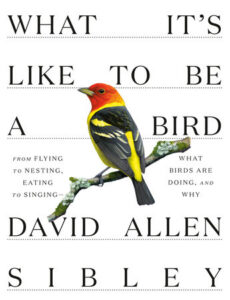 |
What it is like to be a bird A lovely book with quirky details of the lives of birds by one of North America’s most well-known bird illustrators. The birds in the book are mostly drawn at life size. (suggested by Greta Heydenrych, now Executive Director at IUPAC)
|
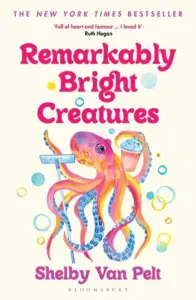 |
Remarkably Bright Creatures This novel centeres on Tova Sullivan, a widow who works the night shift at an aquarium and forms an unlikely bond with Marcellus, a giant Pacific octopus with a knack for escaping his tank, who helps Tova uncover the mystery of her son’s disappearance. This story intertwines themes of grief, friendship, and the surprising connections between humans and animals. (suggested by Wolfgang Sieß, formerly CITPlus)
|
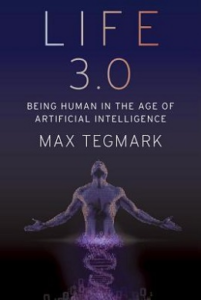 |
Life 3.0: Being Human in the Age of Artificial Intelligence This book explores how AI could become a part of everyday life, its impact on society, and ways to ensure it benefits us. (suggested by Vera Koester, ChemistryViews)
|
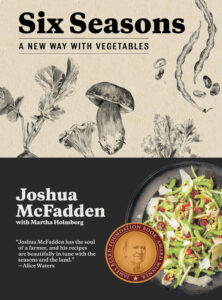 |
Six Seasons A mostly vegetarian cookbook with seasonal recipes. Simple (really, unlike some others who claim the same in their titles 😊) and very tasty! (suggested by Greta Heydenrych, now Executive Director at IUPAC)
|
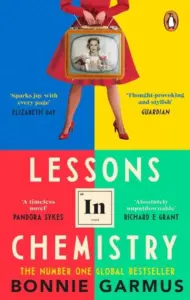 |
Lessons in Chemistry The book is a humorous story about Elizabeth Zott, a fictional scientist who unexpectedly becomes a TV cook in the early 1960s. Her departure from the Hastings Research Institute in the US was driven by her all-male team’s unscientific views on gender equality. (suggested by Wolfgang Sieß, formerly CITPlus)
|
We received another book suggestion …
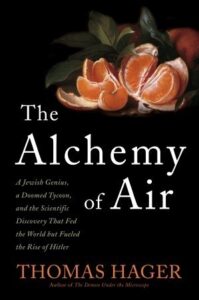 |
The Alchemy of Air This book tells the story of how Fritz Haber and Carl Bosch’s method of synthesizing ammonia saved millions of people from starvation, but also fueled wars and created environmental problems. (suggested by John Uhlrich, Senior Manager, Comprehensive Editorial Evaluation)
|
Also of Interest
- Summer Reading 2023
- Science for the Summer 2022
- Science for the Summer 2021
- Science for the Summer 2020
- Science for the Summer 2019
